

Medical Marijuana Can Help Resolve Chronic Pain
Chronic pain affects millions of Canadians — it’s one of the most common and life-altering health challenges today. Defined as pain lasting longer than three months, it can interfere with mobility, sleep, and mental health. While traditional painkillers like opioids have been the mainstay of treatment, they often come with dependency risks, organ damage, and reduced effectiveness over time. This is why so many Canadians are exploring safer, natural alternatives like medical cannabis.
Medical cannabis provides both analgesic (pain-relieving) and anti-inflammatory benefits. Many patients with arthritis, fibromyalgia, neuropathy, or post-surgical pain report that cannabis helps reduce inflammation and discomfort, while improving sleep and mood. For others, it’s a way to gradually reduce reliance on opioids without sacrificing pain relief.
According to Health Canada’s Canadian Pain Task Force, around 7.6 million Canadians — roughly one in five — live with chronic pain. The prevalence increases with age, affecting nearly one in three adults over 65. Recent data from Statistics Canada (2022) shows that 16.7% of Canadians aged 15 and older experience pain severe enough to limit their daily lives. Women report pain at higher rates than men, and the burden is particularly high among Canadian veterans, with chronic pain affecting more than half of all veterans surveyed in 2019.
Clinical studies continue to strengthen the case for medical cannabis as a viable option for chronic pain management. A major BMJ systematic review found that non-inhaled cannabis or cannabinoids produced small but meaningful improvements in pain levels compared to placebo. Another review published by the American College of Physicians noted that high-THC cannabis-based products can lead to moderate pain reduction (≥30%) for some chronic pain patients, especially when combined with lifestyle management and other therapies. Meanwhile, real-world studies show many Canadians using cannabis report improved pain interference scores, better quality of life, and fewer side effects than with conventional pain medications.
To understand how cannabinoids work, research shows they interact with the body’s endocannabinoid system — the network responsible for regulating pain, mood, and inflammation. This mechanism explains why cannabis may help patients regain control over daily symptoms with fewer complications. For a deeper look into this research, check out our related article: Cannabis Clinical Trials and Chronic Disease.
Health Canada allows physicians to authorize cannabis for any condition where it may provide relief — there are no restrictions on qualifying conditions. That means if you’re living with chronic pain, PTSD, or another ongoing condition, you can receive authorization from a medical cannabis clinic in Toronto or anywhere across Canada. Once authorized, you can access your medicine through licensed producers or apply for a Personal Grow Licence under the ACMPR to grow your own cannabis plants at home.
At GrowLegally, we’ve guided thousands of Canadians — including veterans — through the Health Canada medical cannabis process with compassionate care and expertise. Veterans living with chronic pain or PTSD receive full support at no cost when registering with a licensed producer. While doctors provide authorization, our cannabis patient educators help you understand cultivation, strain selection, and the Medical Cannabis Grow Licence process if you choose to grow your own medicine.
If you’d like to learn more about how cannabis interacts with pain perception, visit our blog on how marijuana relieves physical pain for a science-based look at its therapeutic effects.
Today, medical cannabis isn’t an experiment — it’s a federally regulated, patient-centred treatment that helps Canadians reclaim control over chronic pain. If you’re ready to explore whether medical cannabis could help manage your symptoms, contact GrowLegally today for your free consultation.
Previous Post
Next Post

Storing Medical Cannabis – Learn how to properly store your cannabis and keep its potency strong.
Go To Post
Before Acquiring Medical Marijuana, Here Are 2 Questions That Your Doctor Is Likely To Ask You (Plus a Bonus One!)
Go To Post
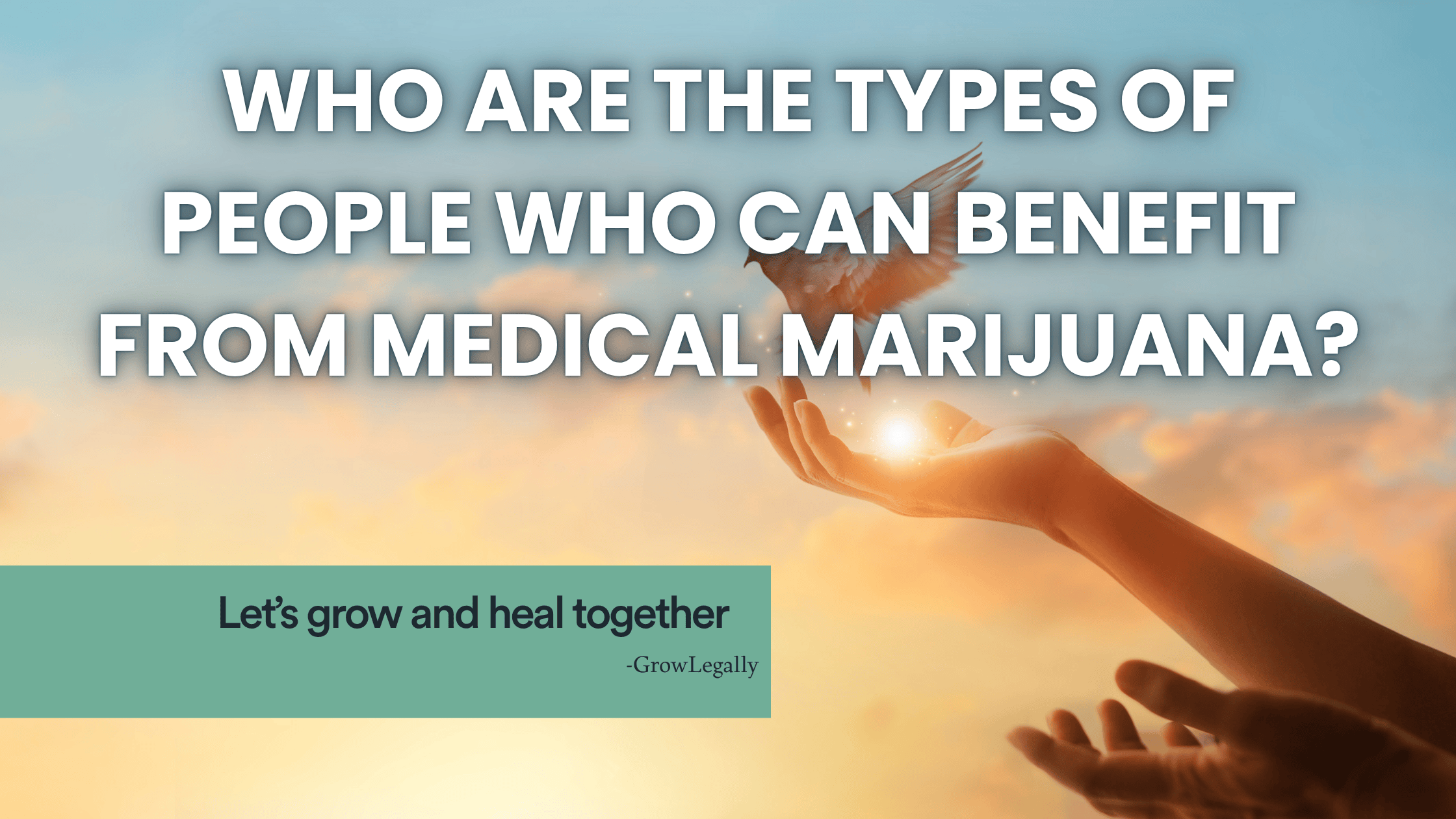


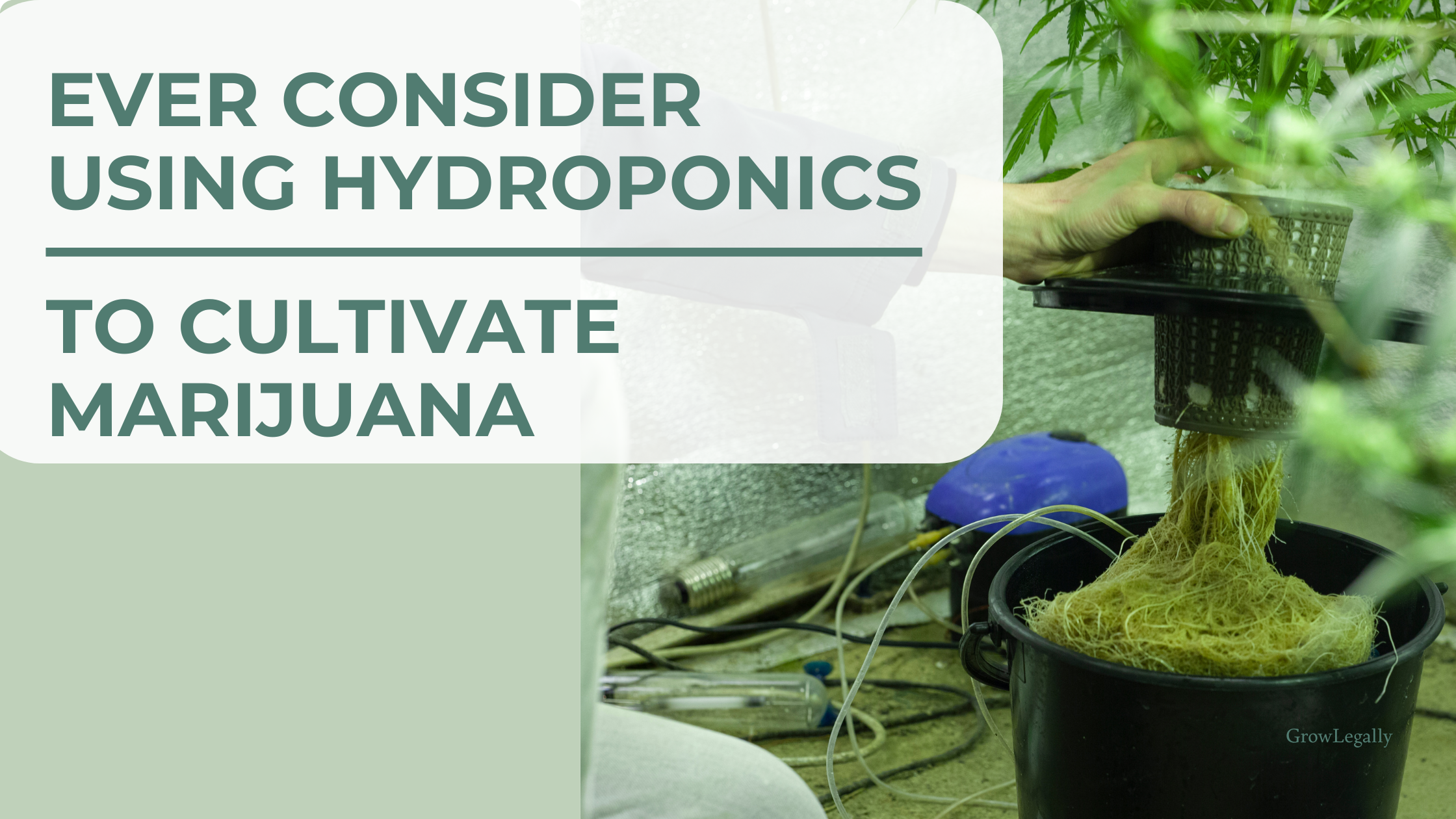
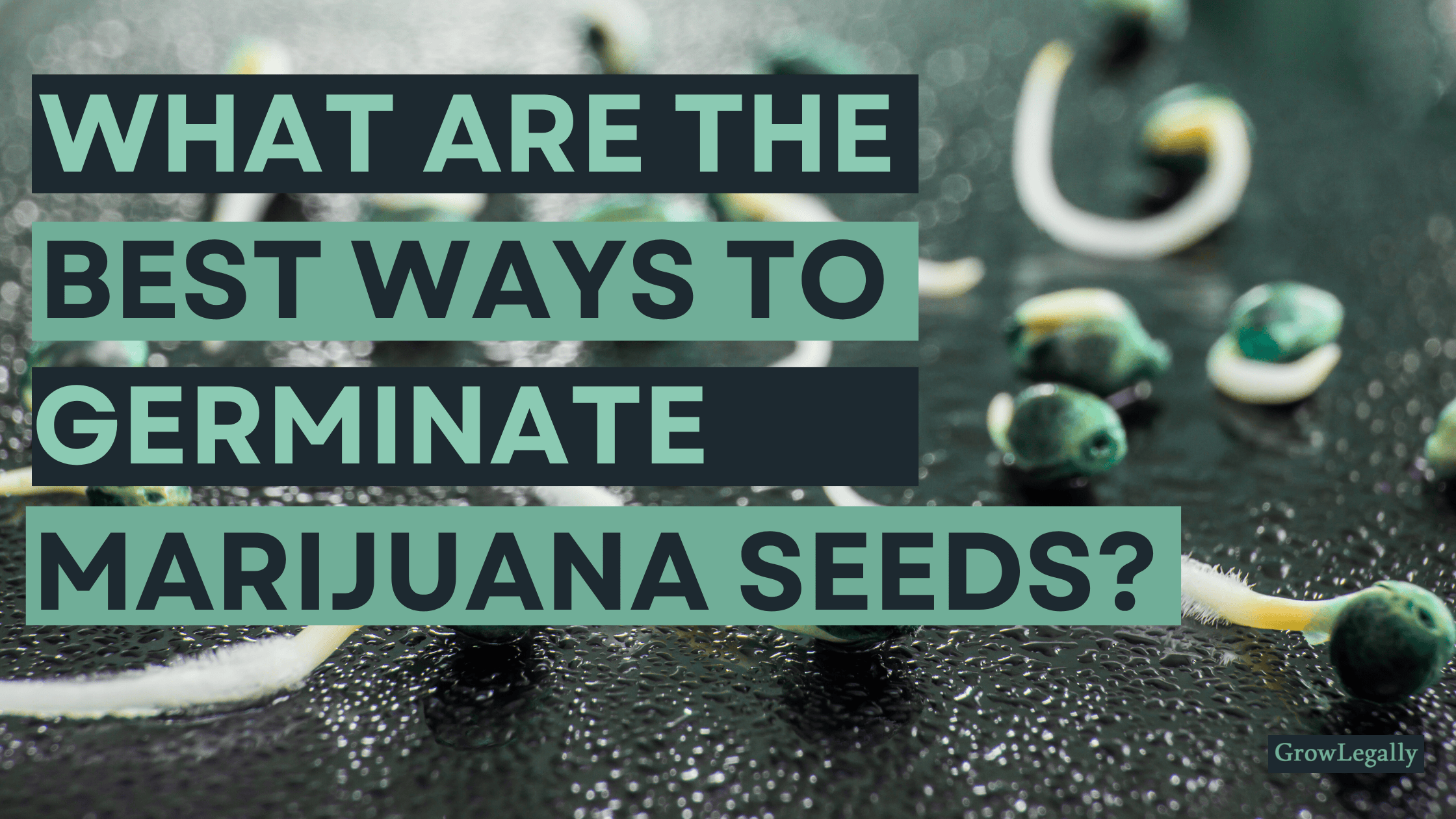
.png)
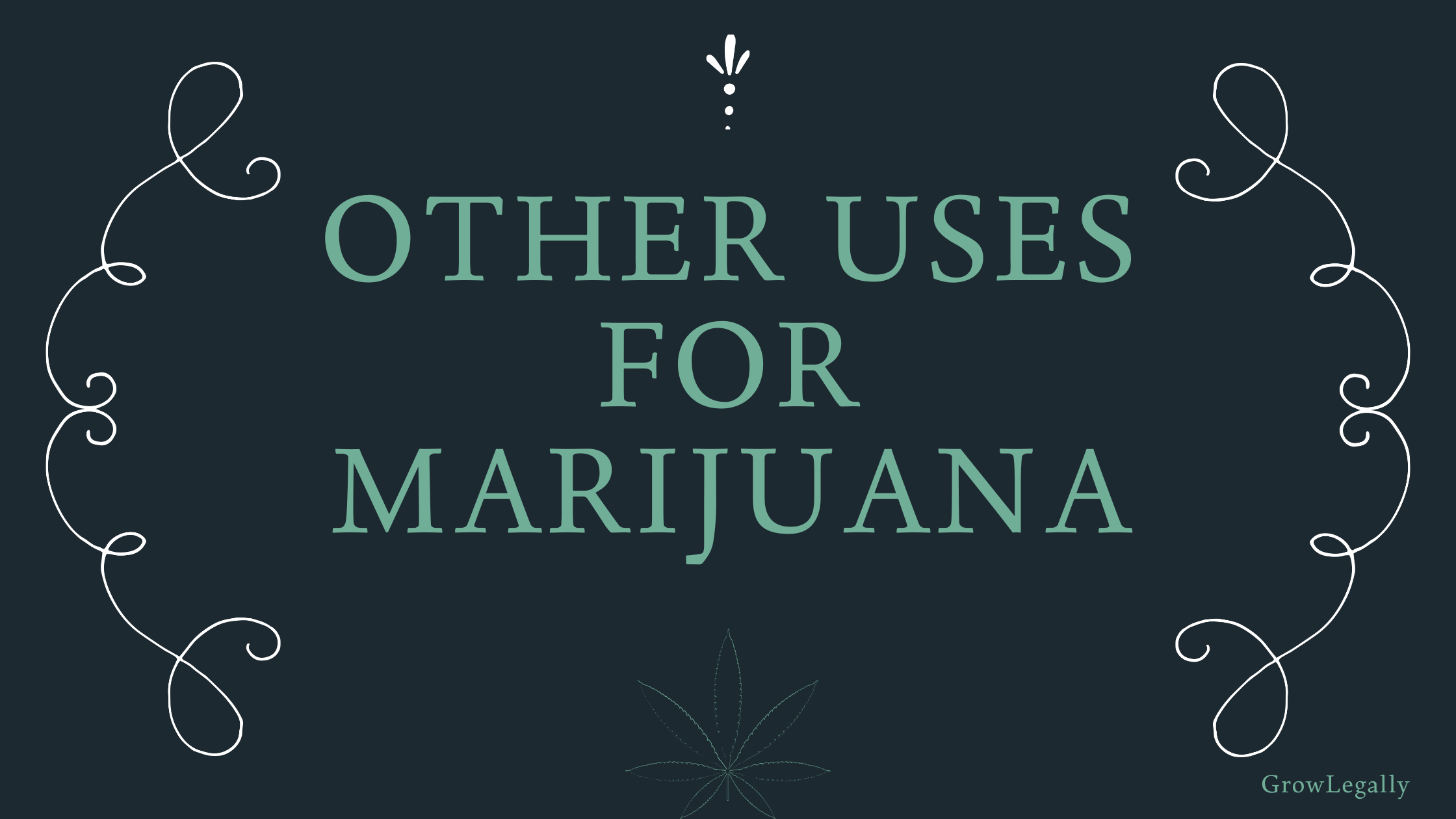
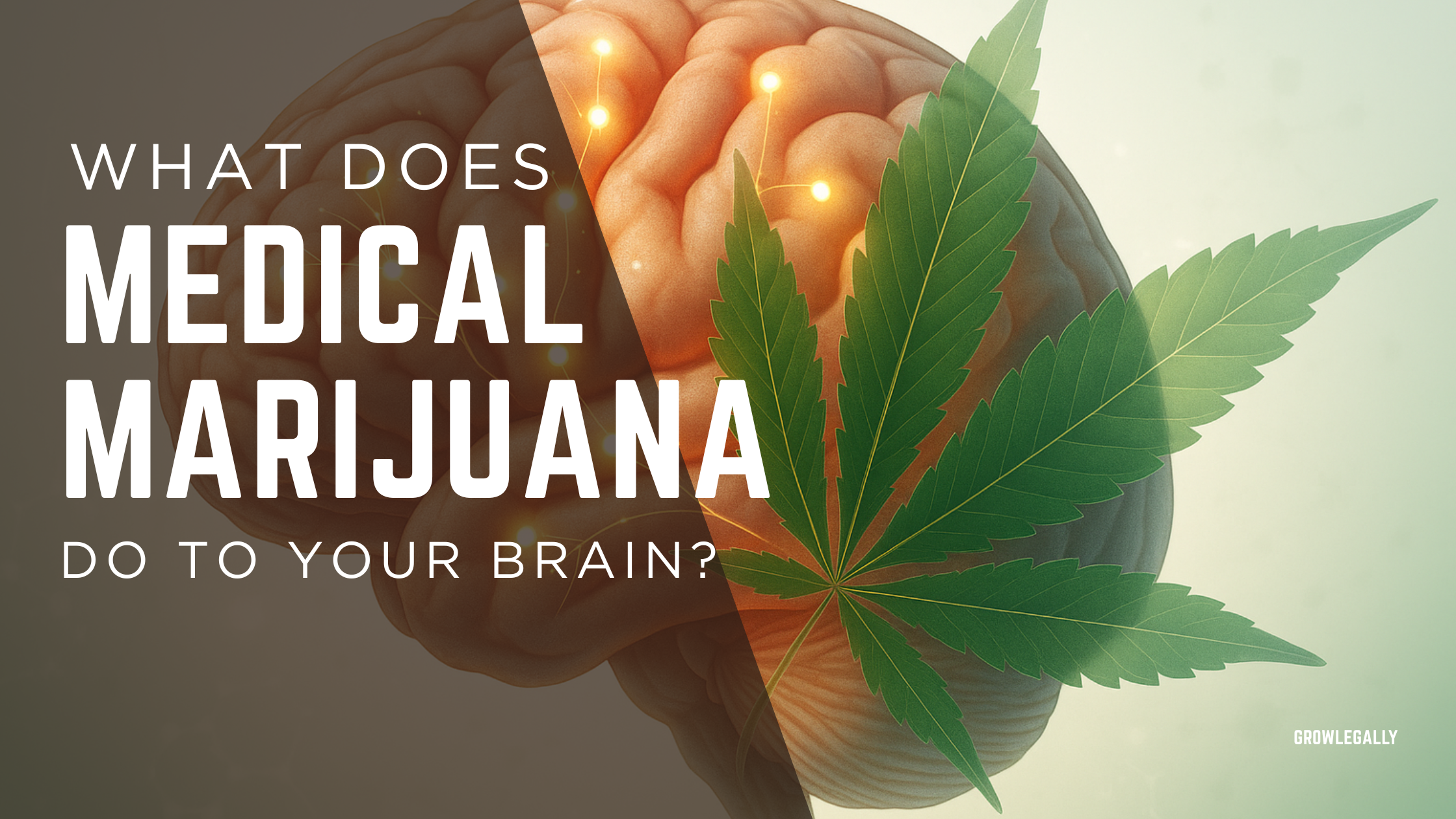
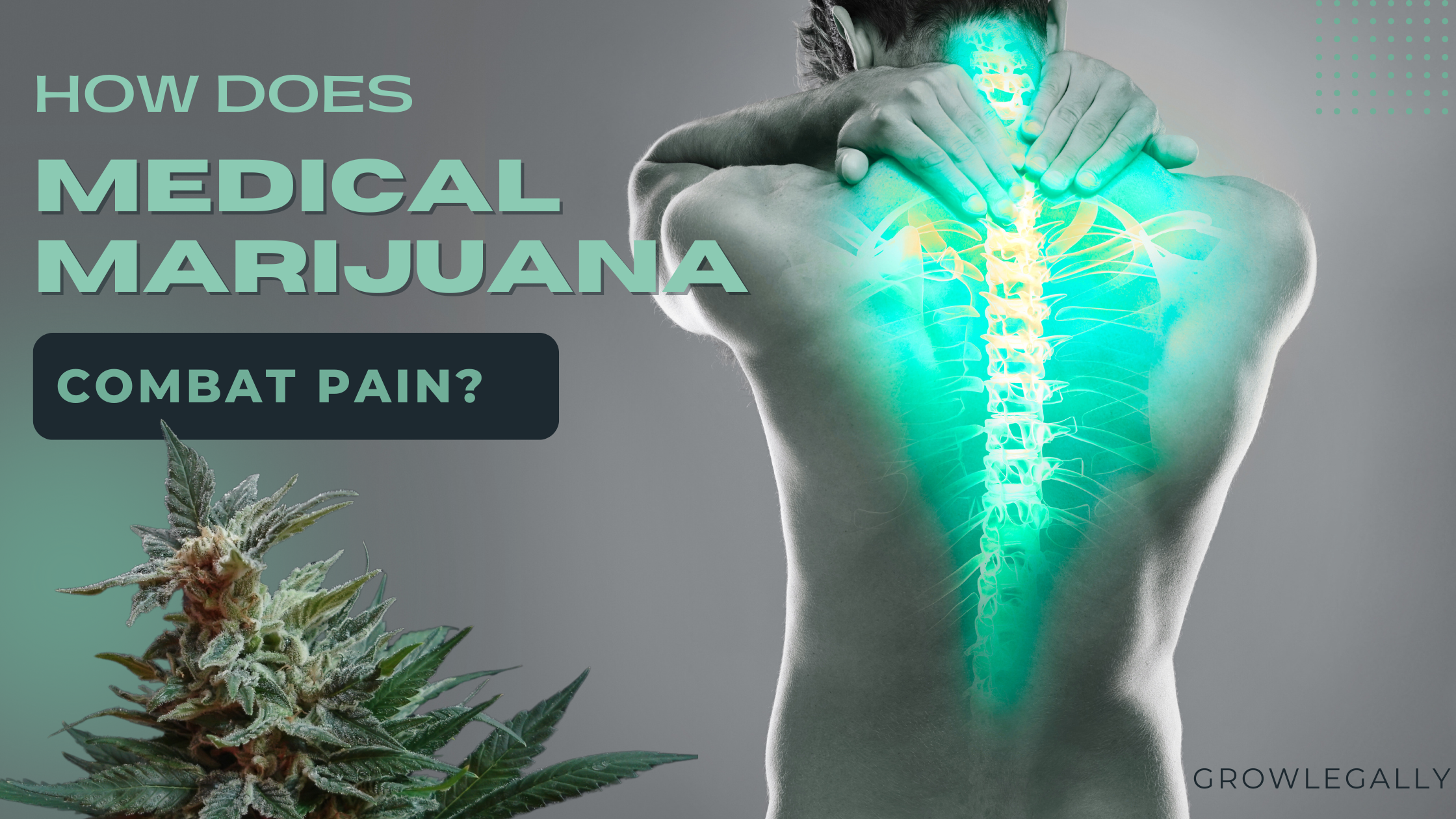
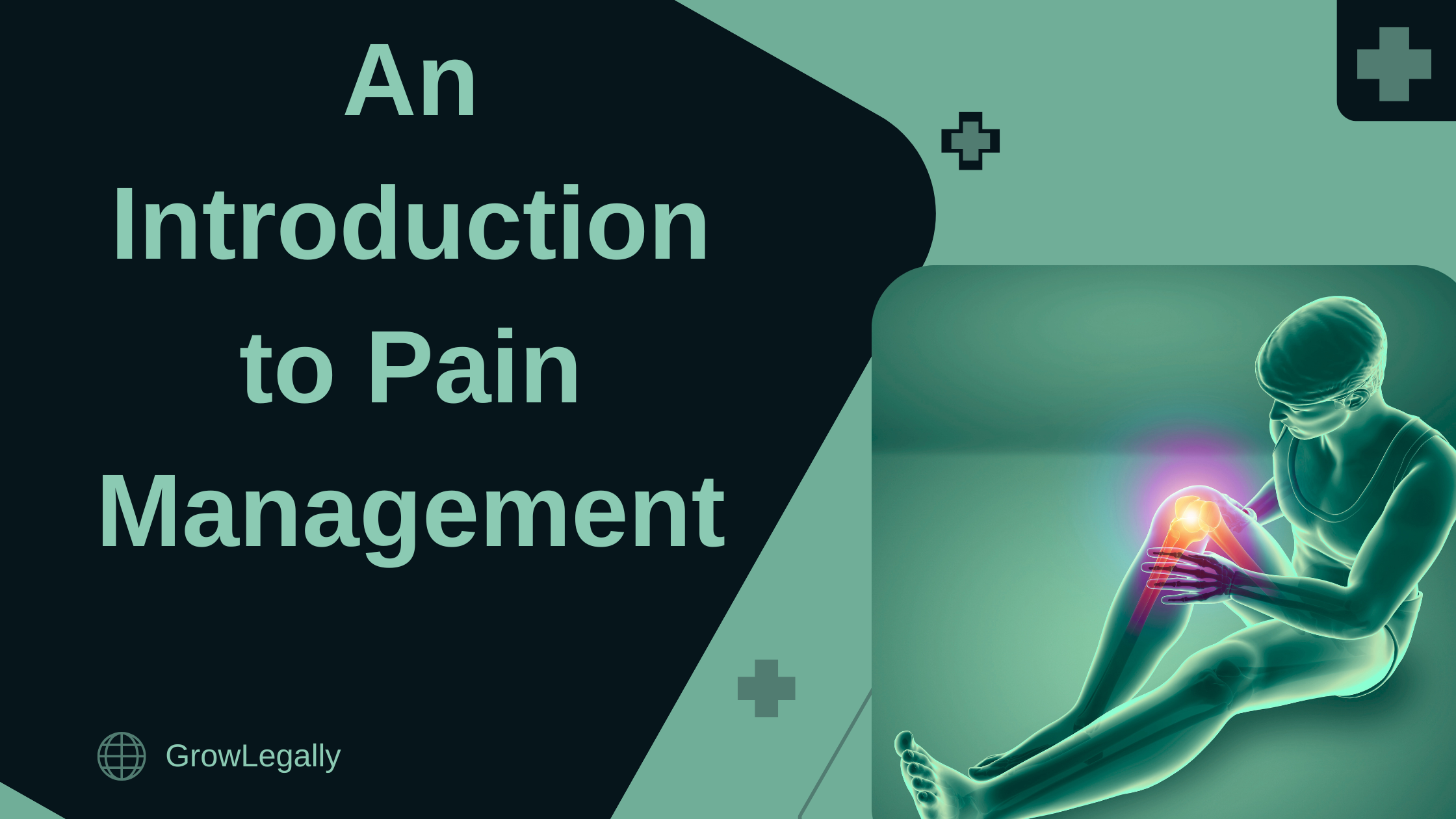

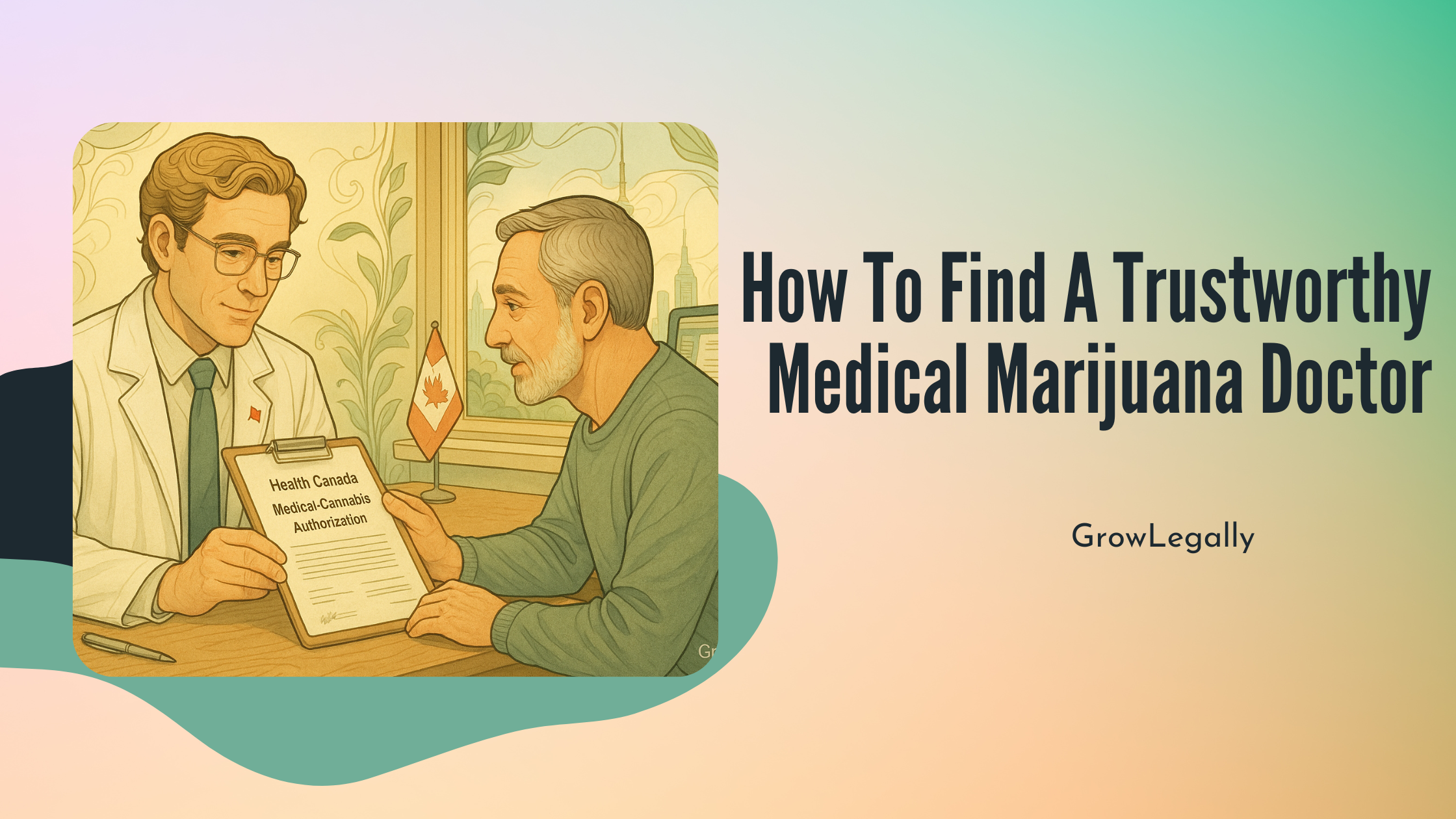

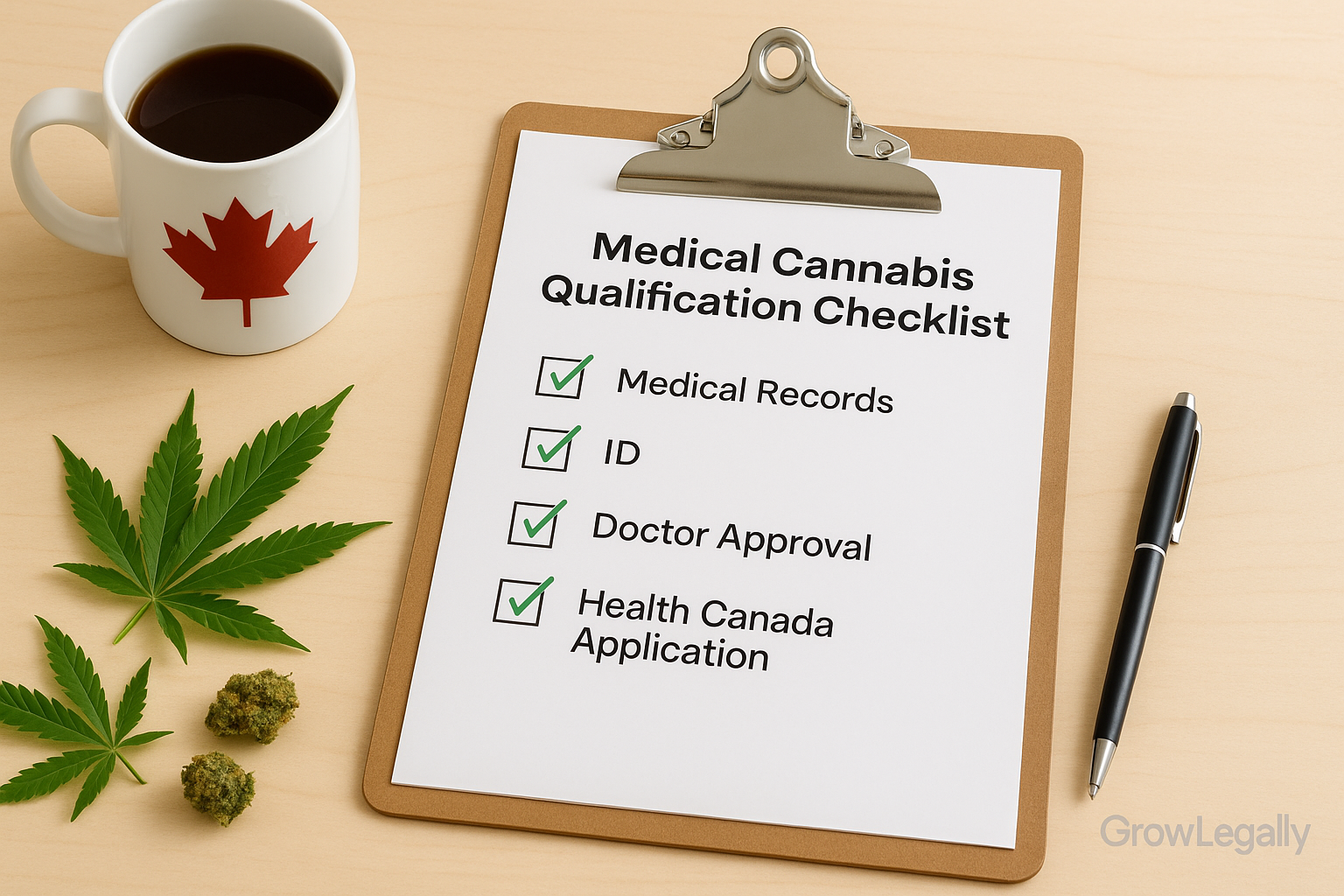
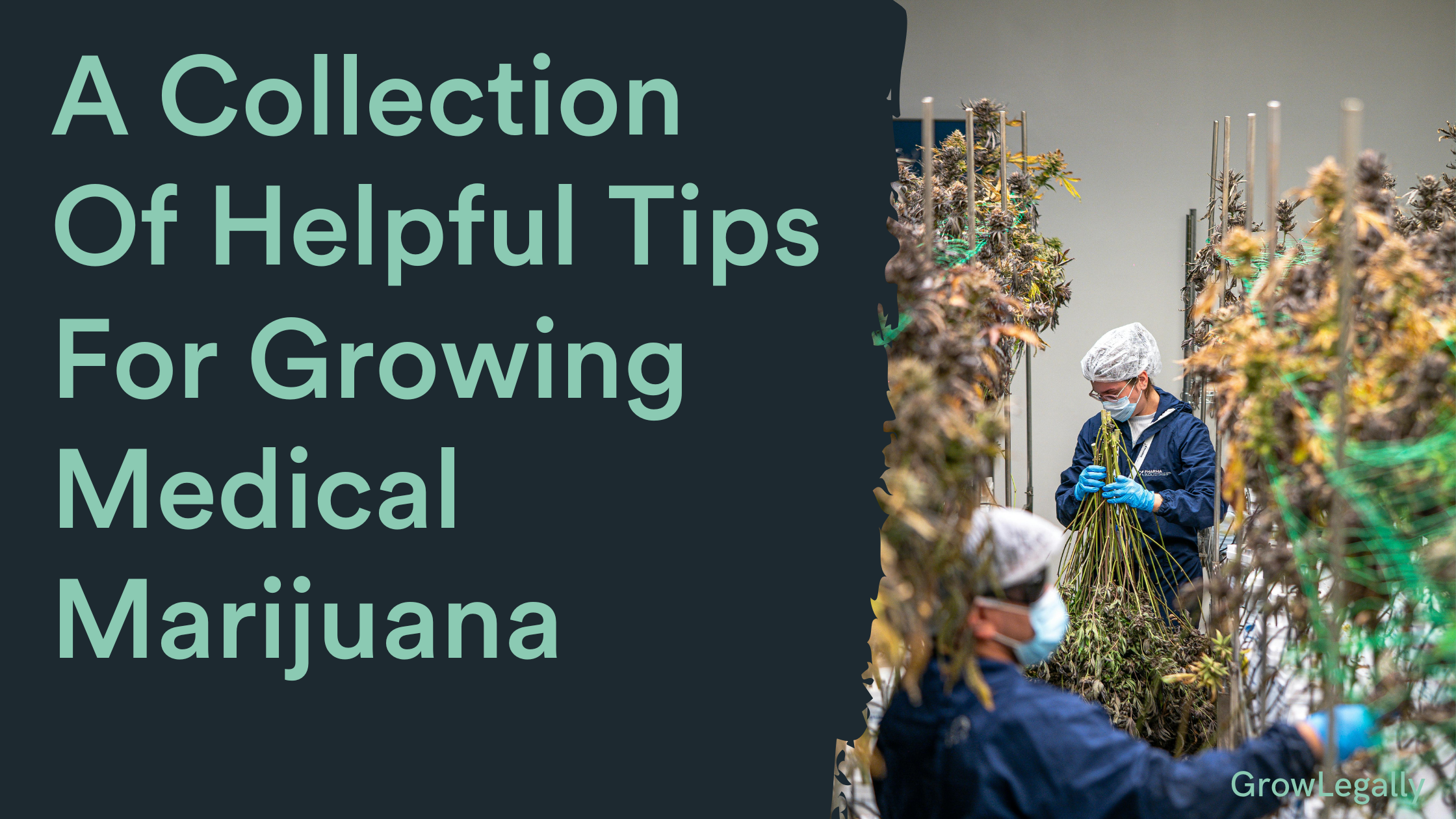
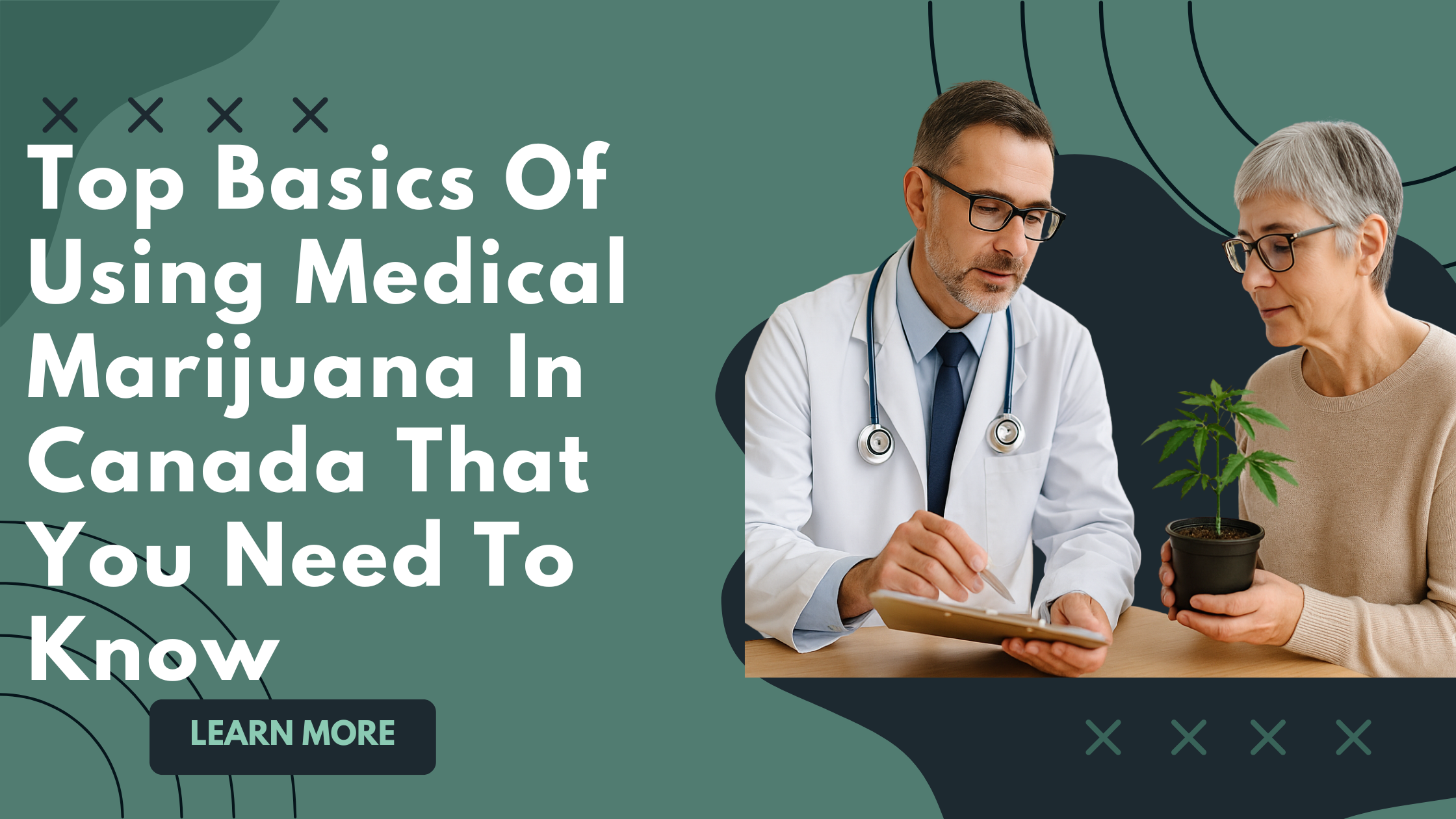
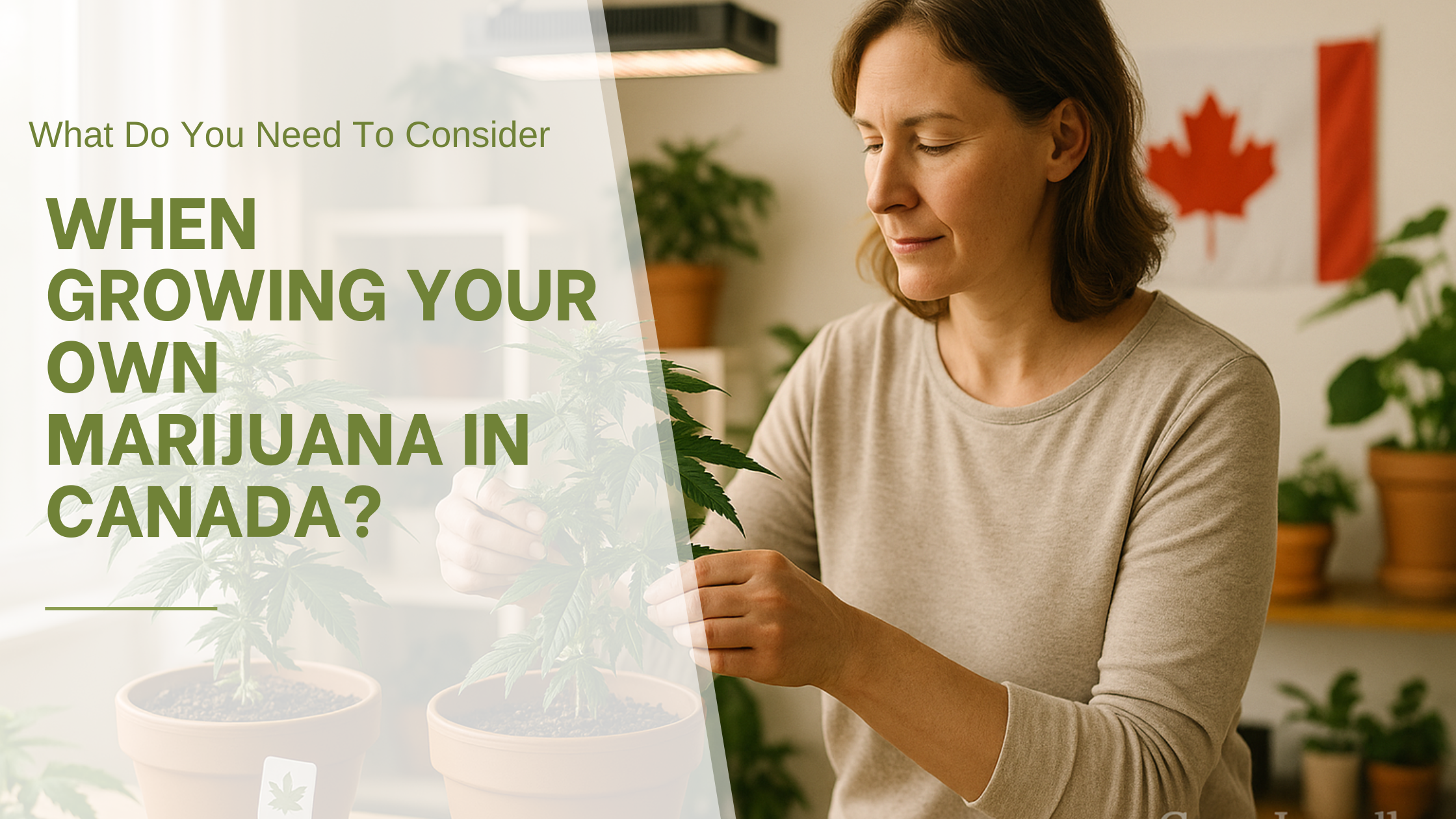


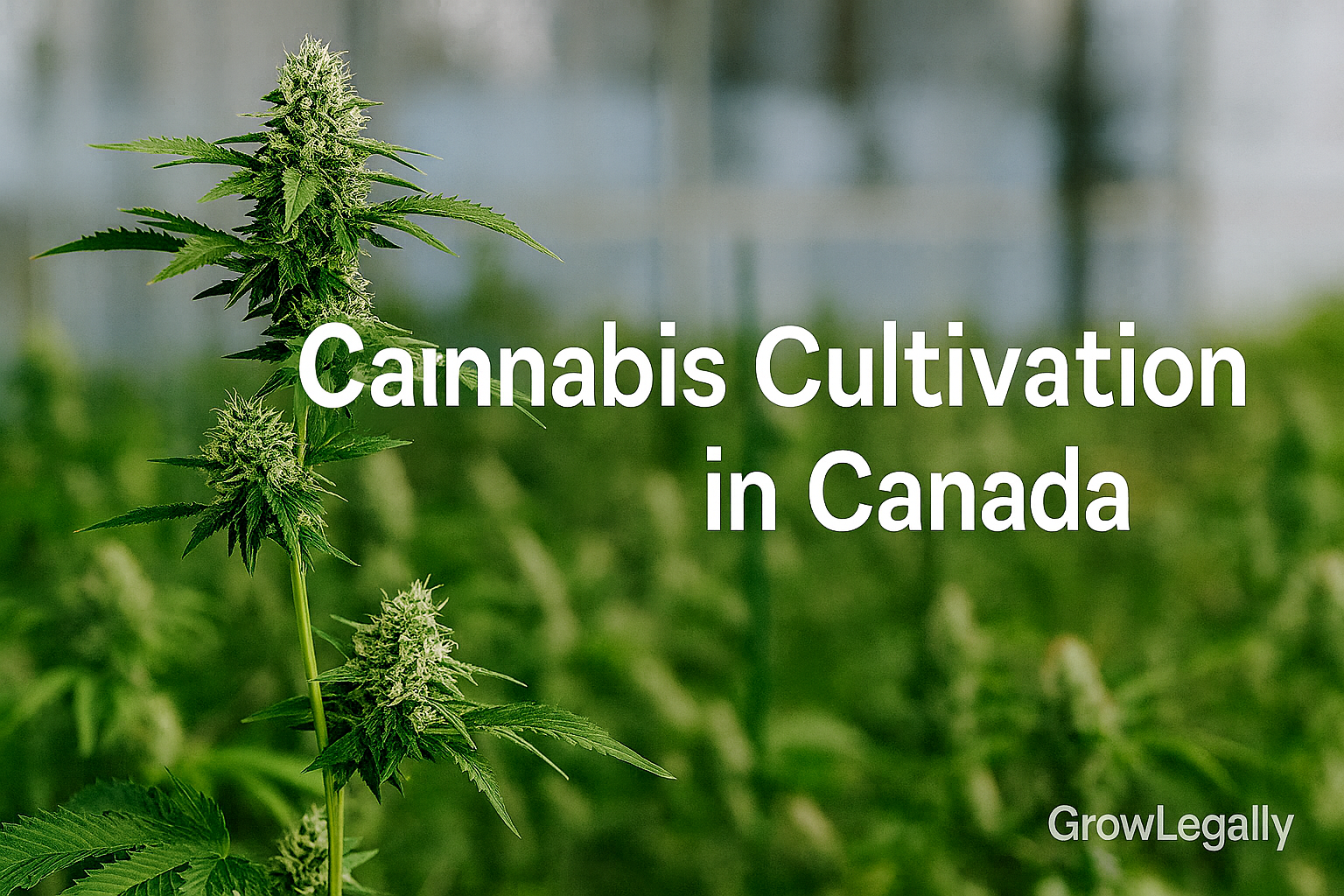
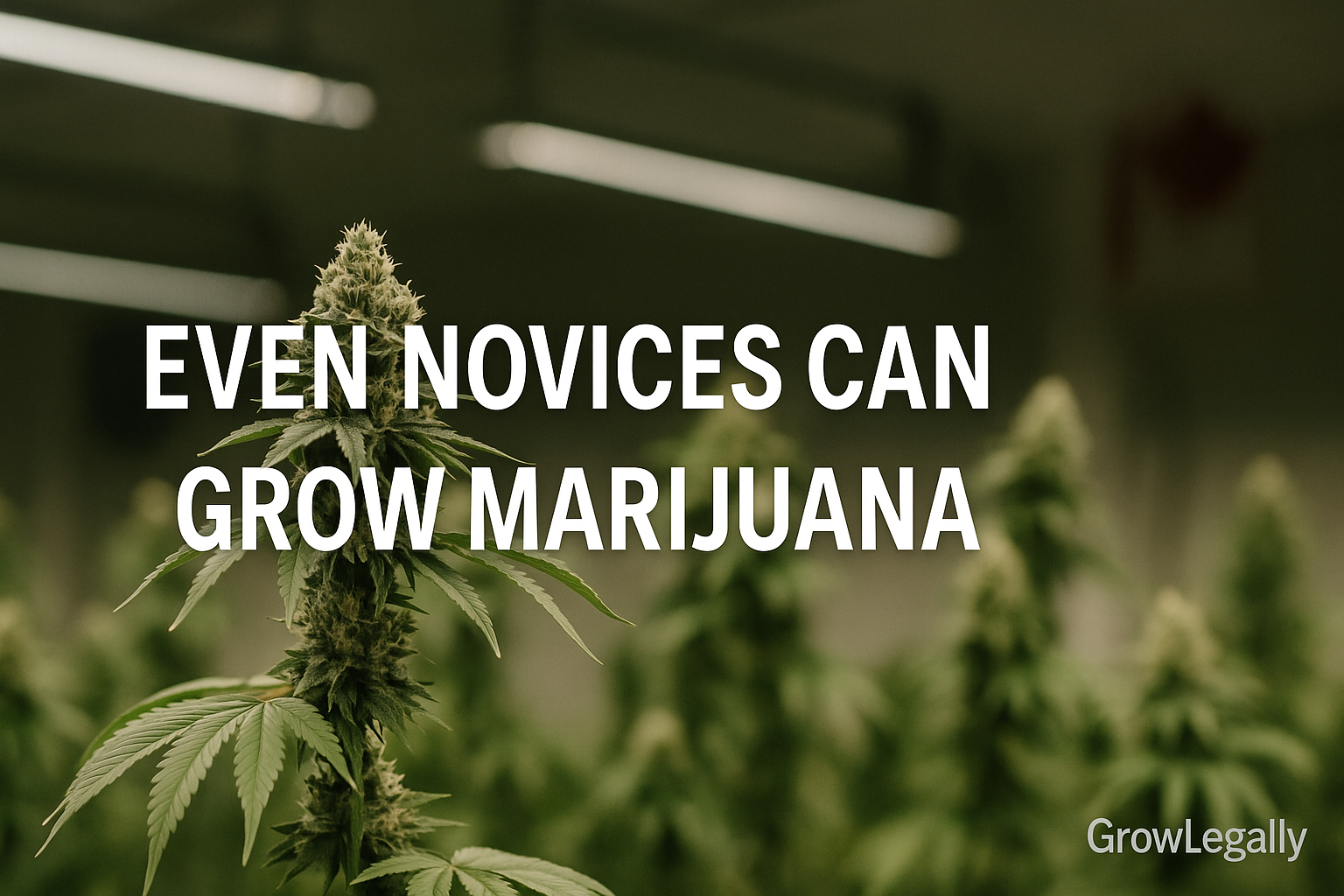


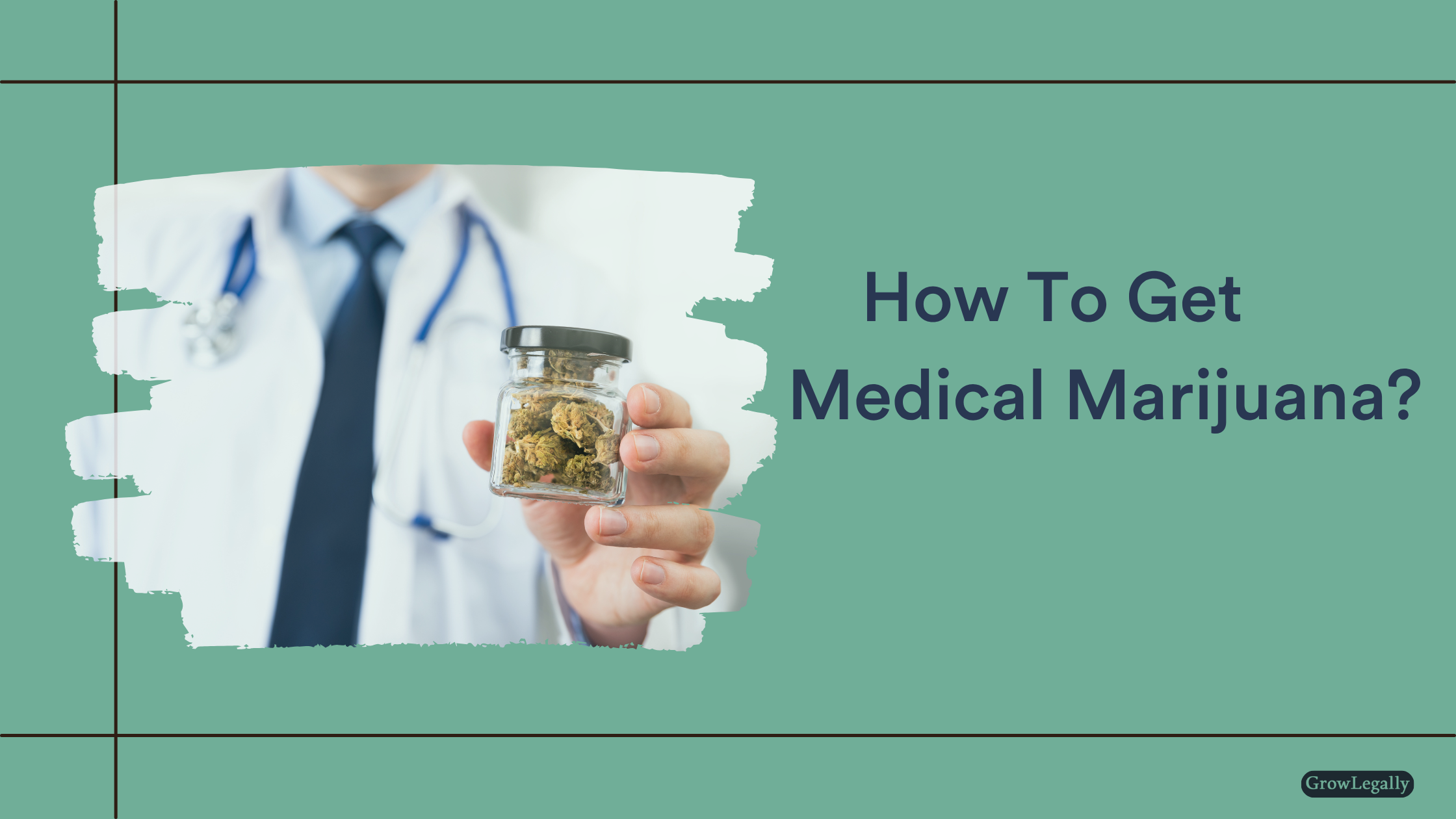

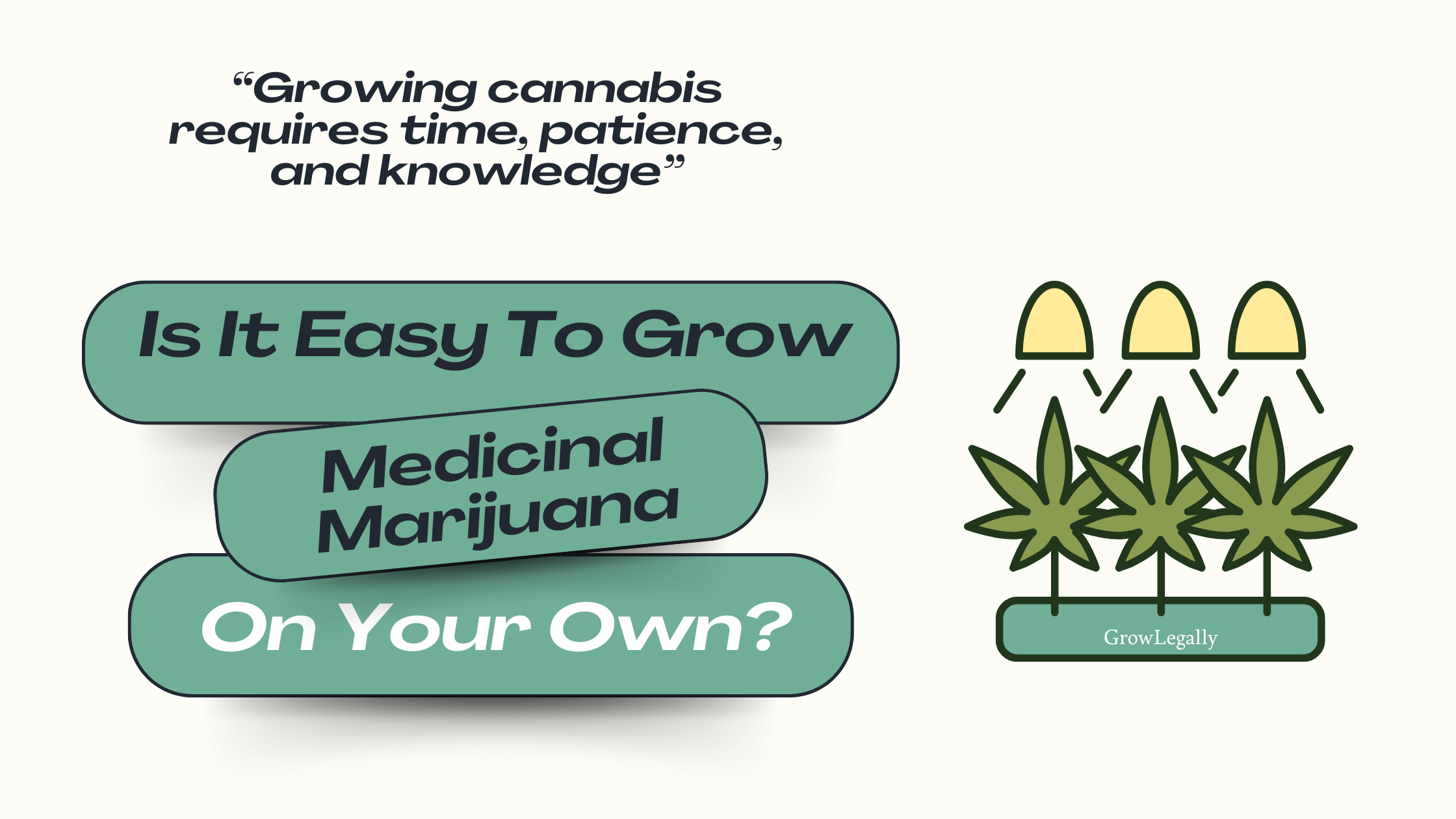
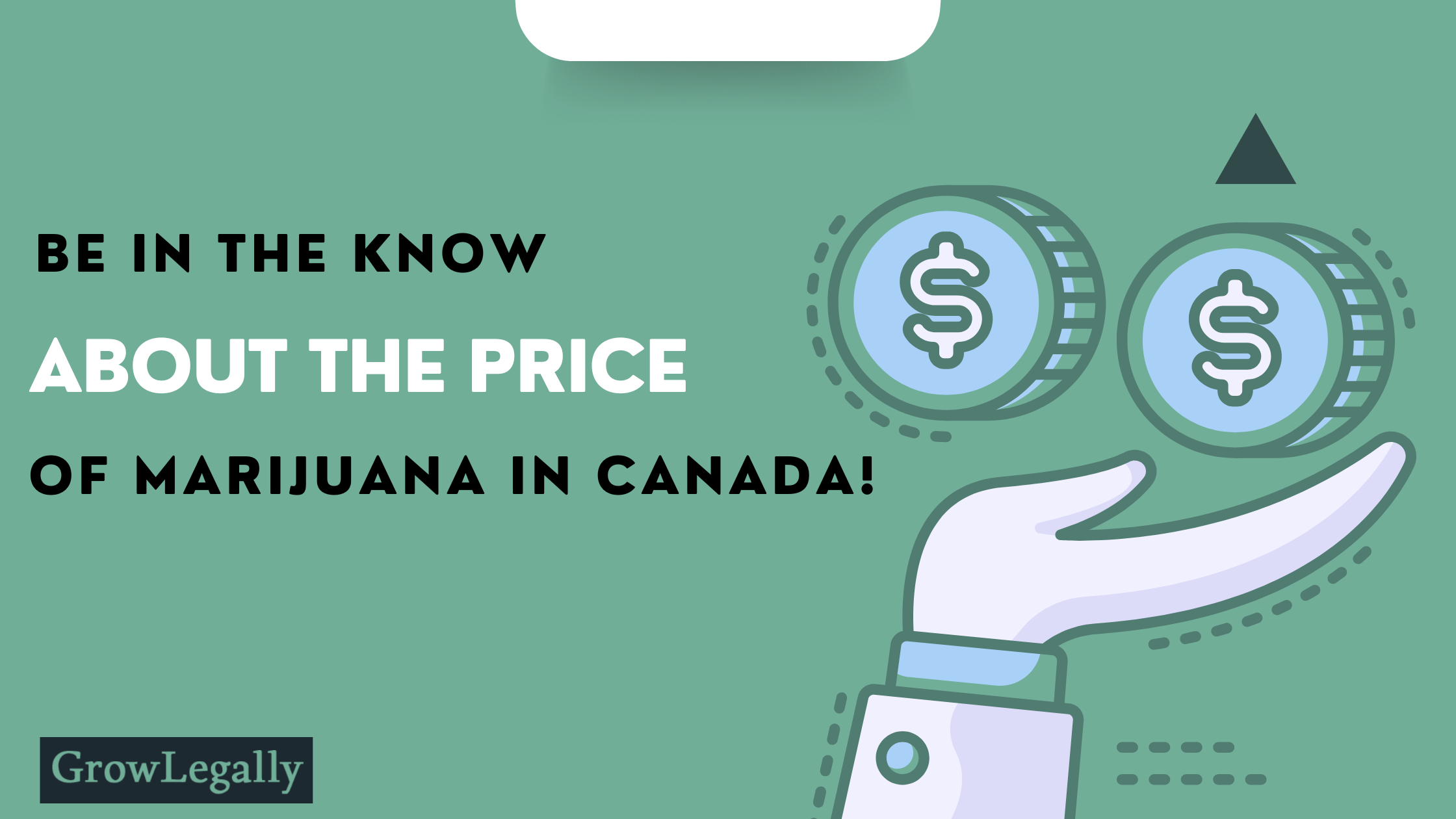





















.png)

















































.png)




























